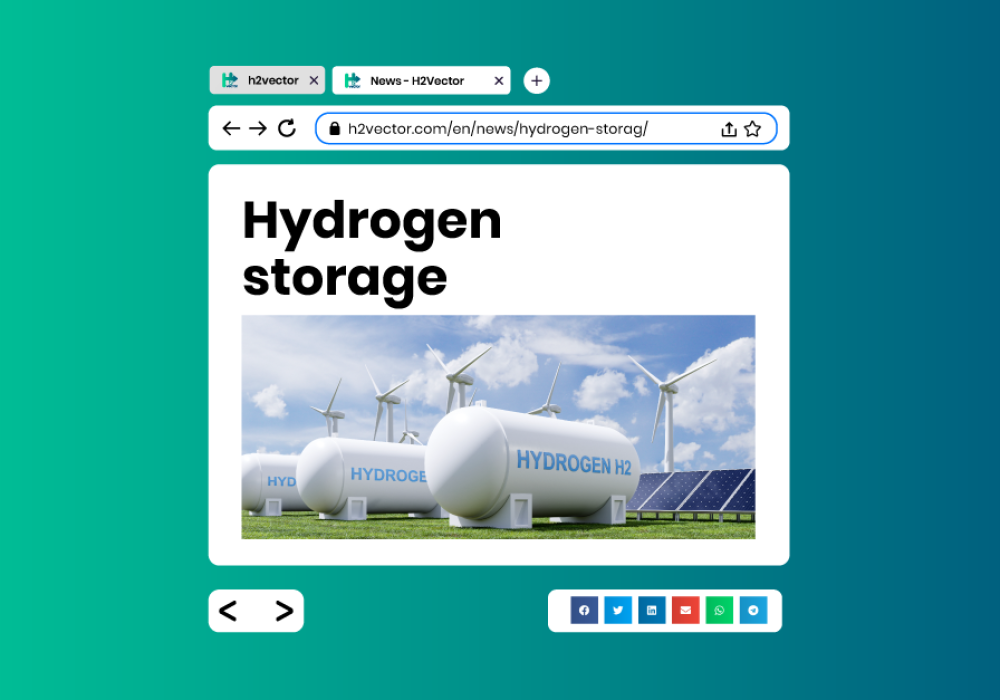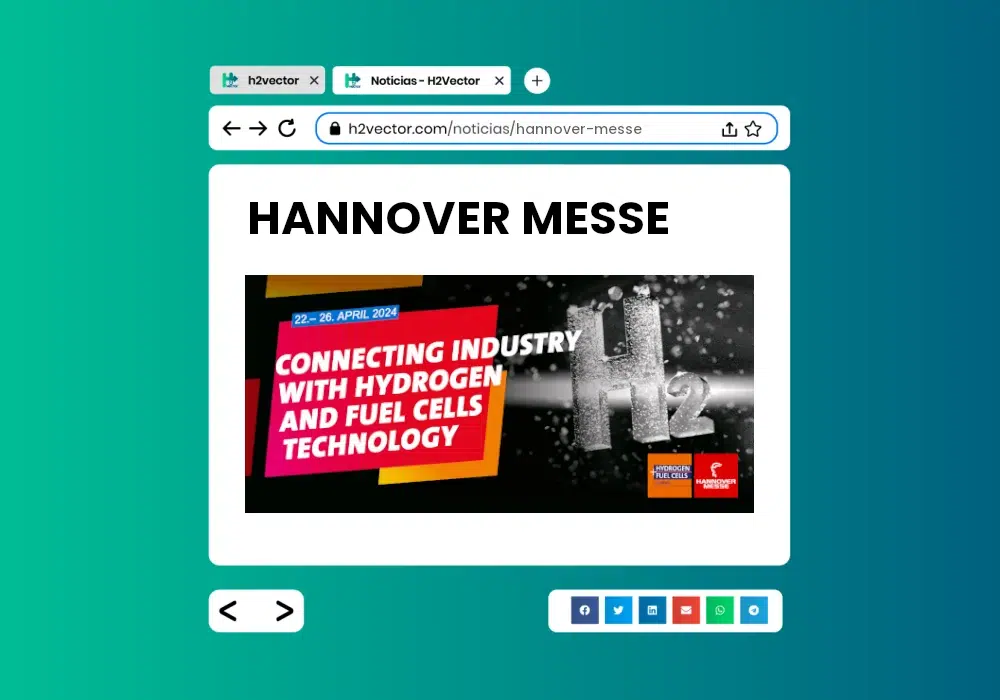The efficient hydrogen storage can be considerate one of the weakest point in the hydrogen energetic model, mainly due to the low density of this element, being fundamental to find an effective, sustainable, not polluted solution.
Going further than the importance of the efficiency of the hydrogen storage, the public opinion regarding the hydrogen technology confidence shall be discussed. In almost every hydrogen conversation comes up the doubt, ¿is it really safe the hydrogen storage?
The hydrogen at room temperate is in gas state, so generally it is storage in this state applying high pressures (200 -700 bar). This generates the necessity of tanks specially design with this pressure requirement. The compression of the gas, as well as the high requirements of the storage tank, represent an elevated cost.
On the other hand, the hydrogen storage in liquid state allows to increase its capacity by approximately 70% in comparison with gas state, but this involves a high energetic expense to keep the low temperatures necessaries (close to the absolute zero), and the use of containers that must minimize the evaporation losses. Hydrogen liquation for storage is, in general, a viable economical alternative only when working in big scale projects (with demands around 500 kg de H2/day), and there is a short distance between the liquation plant, the storage place and the consumption point.
Another storage option consist in compounds in solid state using a physical joint of the hydrogen to the surface of the material, (called physisorption). This allows infinite adsorption – desorption cycles without losing properties of the solid compound and without hydrogen pollution. However, the applicable compounds shall be highly porous, consequently the volume will be high and an available additional space will be required, having a direct impact in the cost and the management of the dimension of the energetic equipment.
Finalizing, one of the field that greater interest is creating at this time for hydrogen storage, is to take advantage of the hydrogenation reaction, consisting in the addition of hydrogen to other compound; being known as Liquid Organic Hydrogen Carriers (LOHC). During decades, these chemical reactions, where hydrogen intervenes, has been used with success in the industry, for example, for the modification of vegetable oils or petroleum derivative.
Depending on the process and the scale where the project is developed, it could be of greater interest one methodology or other. However, some of these methodologies are new in the industrial used, so it is crucial, for the aim of create a higher confident and security around hydrogen, the research and creation of prototypes of the different alternatives of storage, in different process and scales, that provide knowledge about the suitability and security of each of them.







